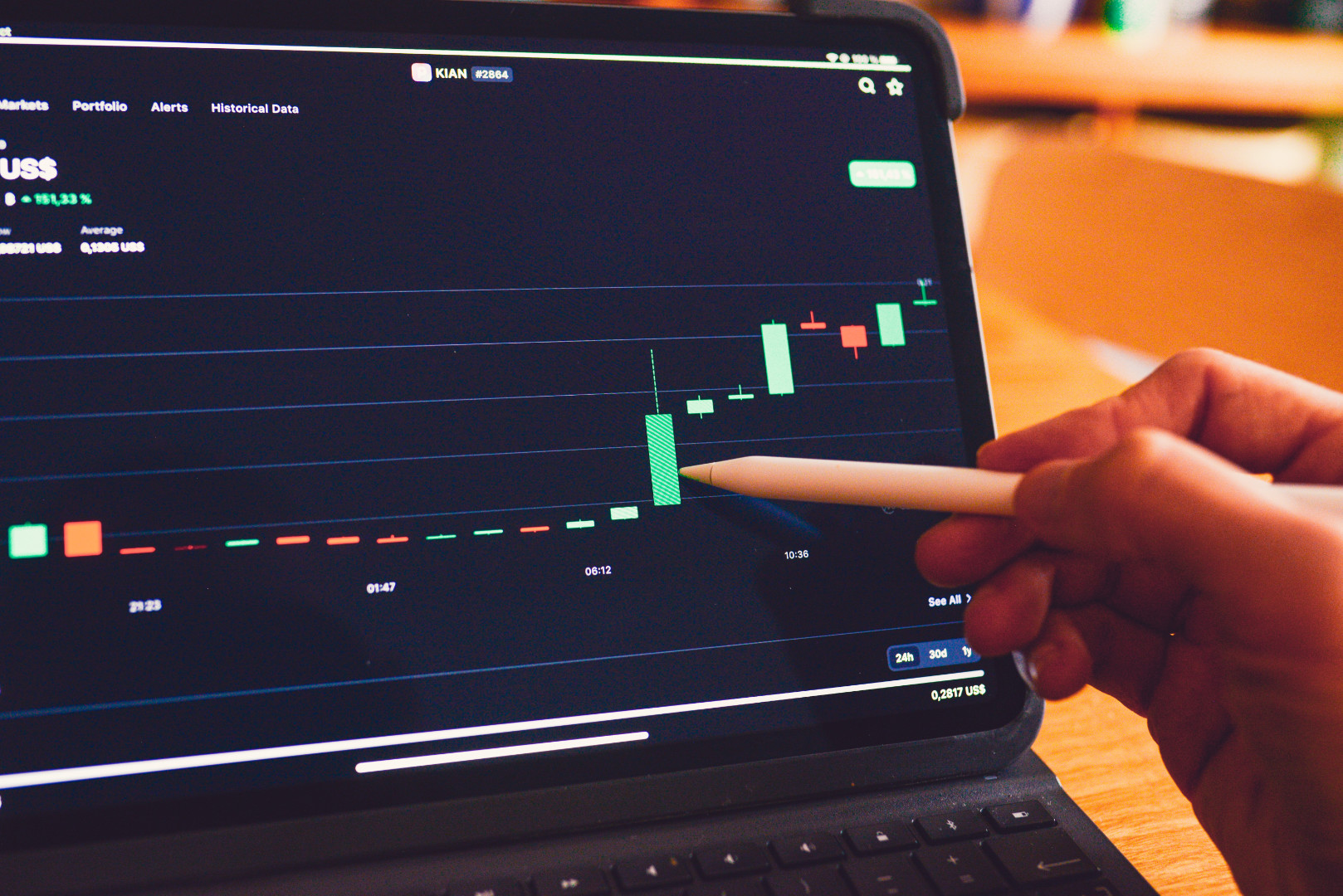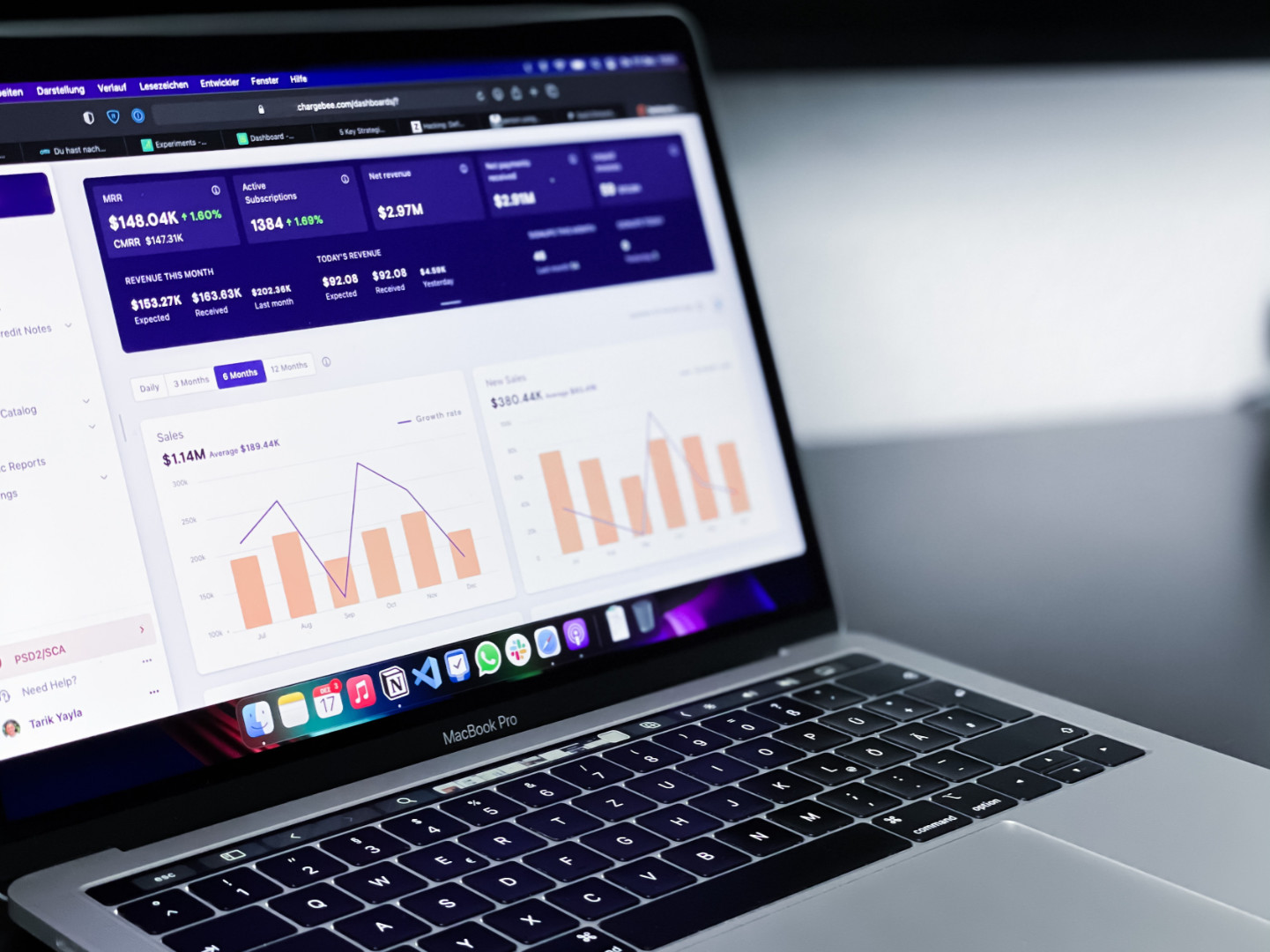How Inflation Impacts You

Inflation plays a big role in our everyday finances. But what exactly is inflation? What does it do? And how does it impact your finances?
Together we will take a deep dive into understanding the impact of inflation on personal finances, and how inflation impacts you.
What is Inflation
Inflation is the increase in prices for goods and services over time. It is a term commonly used by central banks and governments and refers to the erosion of the purchasing power of money.
When inflation occurs, the same amount of money can buy fewer goods and services, impacting the cost of living. Inflation is typically caused by factors such as global supply chain disruptions, changes in unemployment rates, and excessive growth in the money supply.
It is important to understand the impact of inflation on personal finances and the economy as a whole.
Main Causes of Inflation
Global Supply Chain Disruptions
When global supply chains experience disruptions, such as natural disasters or political conflicts, it can cause an increased rate of inflation. This is because when the flow of goods and services is interrupted, it can lead to a decrease in supply, resulting in higher prices for consumers.
When these supply chains are disrupted, companies may have to find alternative sources for raw materials or components, which can also increase costs and contribute to inflationary pressures.
It is important for businesses and policymakers to closely monitor and manage global supply chains to mitigate the potential impact on inflation rates.
Unemployment rises
When unemployment rises, it can contribute to inflationary pressures. As more people become unemployed, there is a decrease in overall consumer spending power. This reduction in consumer demand can lead to businesses lowering their prices to attract customers, resulting in a decrease in inflation.
However, when unemployment rises, it can also lead to a decrease in the production of goods and services. This reduction in supply can cause prices to rise, leading to inflation.
Therefore, the relationship between unemployment and inflation is complex, and it is important for policymakers to carefully manage both factors to maintain a stable economy.
Money supply grows too quickly
Another cause of inflation is when the supply of money grows too quickly. This is because an increase in the money supply means there is more money available to spend on goods and services. As people have more money to spend, the demand for goods and services increases.
However, if the supply of goods and services does not increase at the same rate, it creates a situation where there is more money chasing fewer goods. This excess demand leads to higher prices, which is one of the main drivers of inflation.
How does it impact our lives?
It causes buying power to decrease, making things more expensive
When a person’s buying power decreases, it makes things more expensive. This means that the same amount of money can buy fewer goods and services, leading to an increase in the cost of daily living.
As inflation erodes the value of money, individuals may find it more challenging to maintain their desired standard of living due to the rising prices of essential items such as groceries, rent, and transportation.
Putting jobs at risk
When employers downsize, it puts people’s jobs at risk. Downsizing typically occurs when a company needs to reduce costs or restructure its operations. This can lead to layoffs and job cuts, leaving individuals without stable employment and facing financial uncertainty.
Increases cost of daily living
Inflation increases the cost of daily living by causing the prices of goods and services to rise. As inflation occurs, the buying power of money decreases, meaning that the same amount of money can buy fewer goods and services.
This can lead to increased expenses for essential items such as groceries, rent, and transportation, making it more challenging for individuals to maintain their desired standard of living.
What is buying power
The ability to make purchases
Buying power directly affects the ability to make purchases. When buying power decreases due to inflation, the same amount of money can buy fewer goods and services. This means that individuals may have to spend more money to purchase the same items they could afford before, impacting their ability to make purchases and potentially limiting their overall financial flexibility.
Can affect the value of goods and services
Buying power directly affects the value of goods and services. When buying power decreases due to inflation, the same amount of money can buy fewer goods and services. As a result, the value of goods and services may appear to increase because more money is needed to purchase the same items as before. This can impact individuals’ purchasing decisions and their overall perception of the affordability and worth of different products and services.
Why is buying power important
Buyers can buy more things for less money
When buyers have high buying power, they can buy more things for less money. This means that the same amount of money can purchase a greater quantity or higher quality of goods and services. Having high buying power allows individuals to make the most of their financial resources and enjoy a greater level of affordability and flexibility in their purchasing decisions.
Buyers save money on purchases
Buyers with high buying power can save money on purchases because they can buy more things for less money. With high buying power, individuals can take advantage of lower prices, discounts, and deals, allowing them to stretch their budget further and make the most of their financial resources. This not only enables them to save money but also provides them with greater flexibility and affordability in their purchasing decisions.
Controlling inflation
Changing interest rates
One way to control inflation is by changing interest rates. Central banks have the power to adjust interest rates as a means of influencing borrowing costs and overall economic activity.
When inflation is high, central banks may raise interest rates to discourage borrowing and spending, which can help slow down the economy and reduce inflationary pressures.
When inflation is low, central banks may lower interest rates to stimulate borrowing and spending, which can help boost economic growth.
By effectively managing interest rates, central banks can play a crucial role in controlling and stabilizing inflation levels.
Governments can reduce spending and increase taxes
Governments can implement measures such as reducing spending and increasing taxes. By reducing spending, the government decreases the overall demand for goods and services, which can help alleviate inflationary pressures.
Additionally, increasing taxes can help reduce the amount of money circulating in the economy, thereby curbing excessive spending and contributing to a decrease in inflation.
These measures are aimed at managing the overall level of economic activity and ensuring price stability.
Will inflation go down
Not expect to return to lower rates until 2026
According to current projections, it is not expected that inflation will return to lower rates until 2026.
This means that the cost of living is likely to remain elevated for the foreseeable future. Individuals may need to continue adjusting their budgets and financial plans to account for the ongoing impact of inflation on their finances.
This will cause daily living costs to go down too
When inflation goes down, it can lead to a decrease in daily living costs.
As inflation decreases, the prices of goods and services become more stable or even decrease. This means that individuals may find it more affordable to meet their daily needs and expenses, such as groceries, rent, and transportation.
With lower inflation, individuals can potentially enjoy greater purchasing power and financial flexibility, allowing them to maintain a desired standard of living more easily.
Wages are not expected to increase until 2027
According to projections, wages are not expected to increase past the rate of inflation until late 2027.
This means that the purchasing power of wages may remain relatively stagnant, as any increase in wages is likely to be offset by the rising cost of living due to inflation.
Individuals may need to carefully manage their finances and adjust their budgeting strategies to navigate the prolonged period of limited wage growth about inflation.
The Impact of Inflation
Inflation impacts personal finances by decreasing buying power, increasing the cost of daily living, and putting jobs at risk.
Controlling inflation can be done through changing interest rates and implementing measures like reducing spending and increasing taxes.
It is important to carefully manage finances and adjust budgeting strategies to navigate the impact of inflation on personal finances.
References Used
- International Monetary Fund. “Inflation: Prices on the Rise, https://www.imf.org/en/Publications/fandd/issues/Series/Back-to-Basics/Inflation”
- European Central Bank. “What is Inflation?, https://www.ecb.europa.eu/ecb/educational/explainers/tell-me-more/html/what_is_inflation.en.html”
- Office for National Statistics. “Inflation and price indices, https://www.ons.gov.uk/economy/inflationandpriceindices”
- Investopedia. “Inflation: What It Is, How It Can Be Controlled, and Extreme Examples, https://www.investopedia.com/terms/i/inflation.asp”





